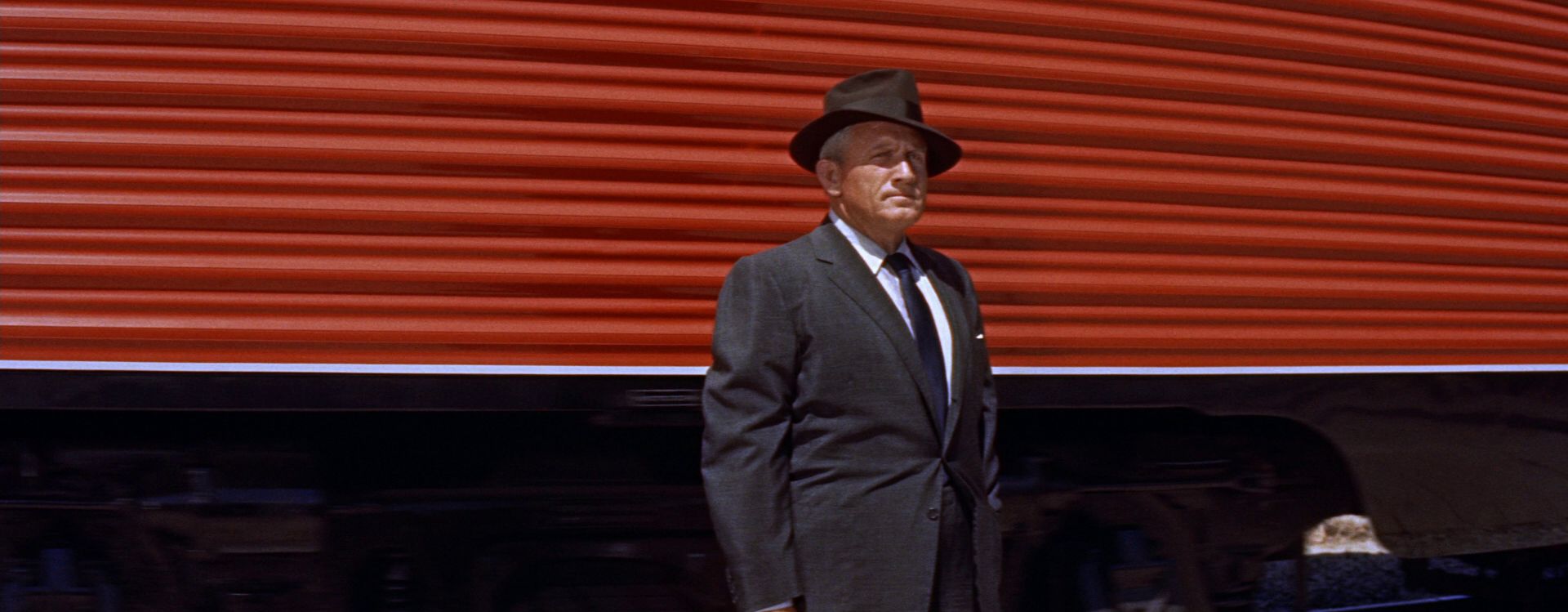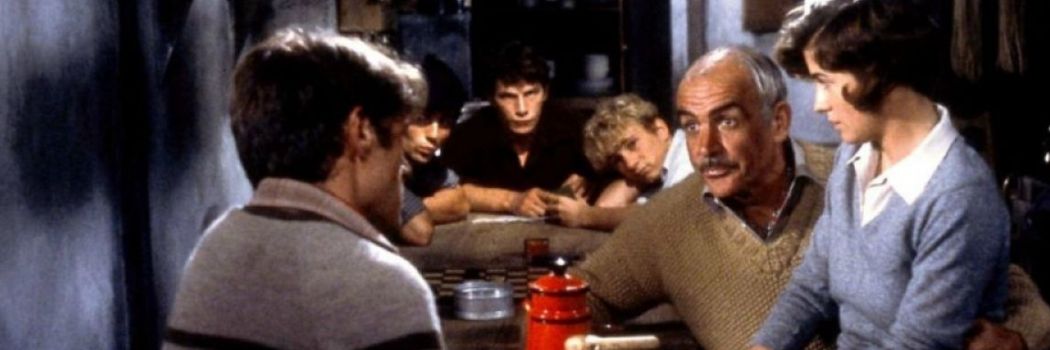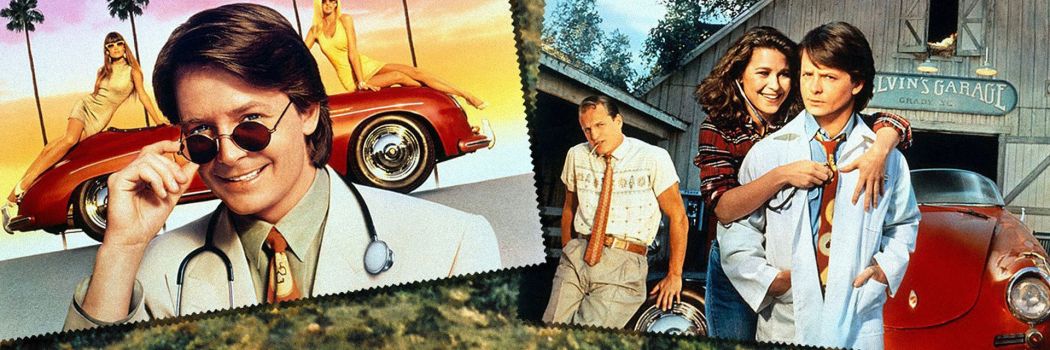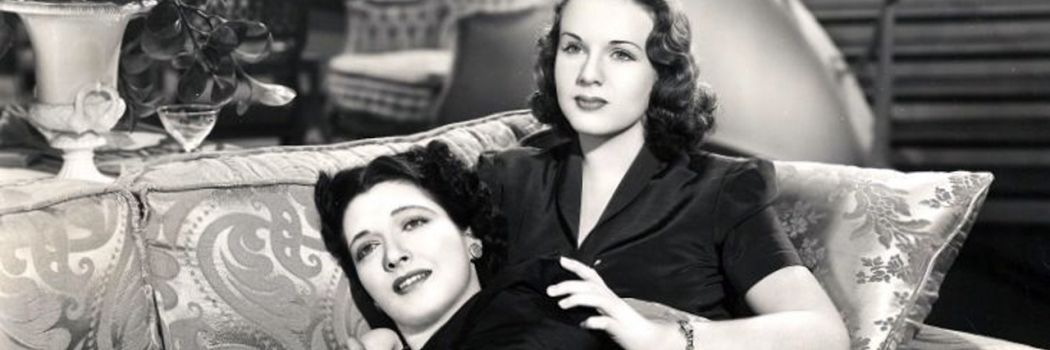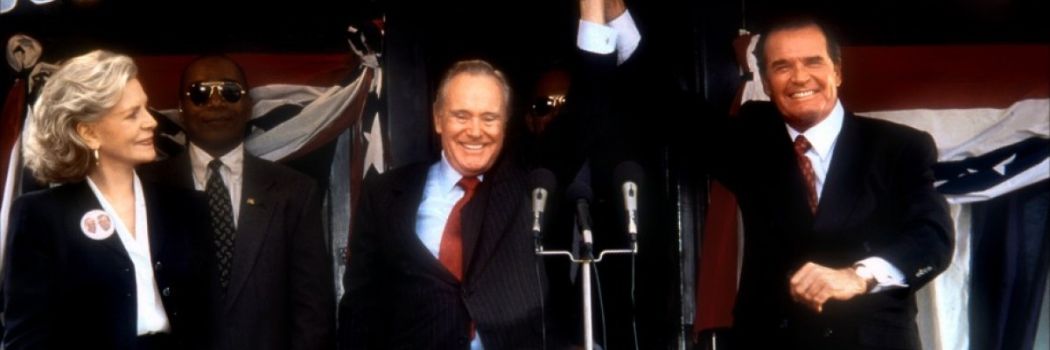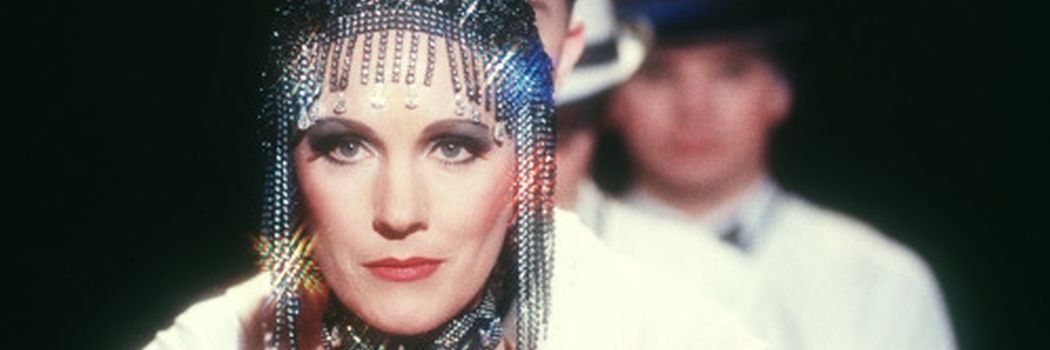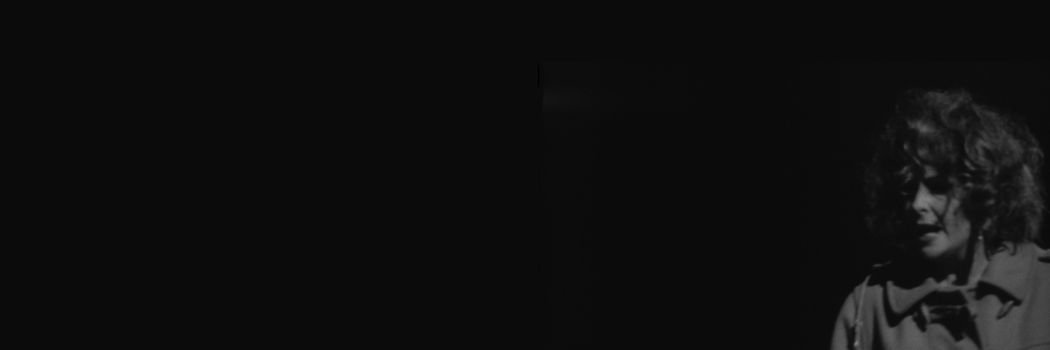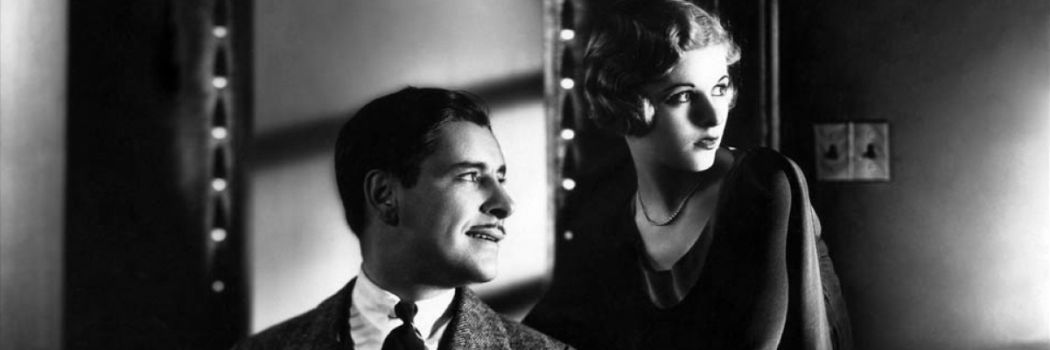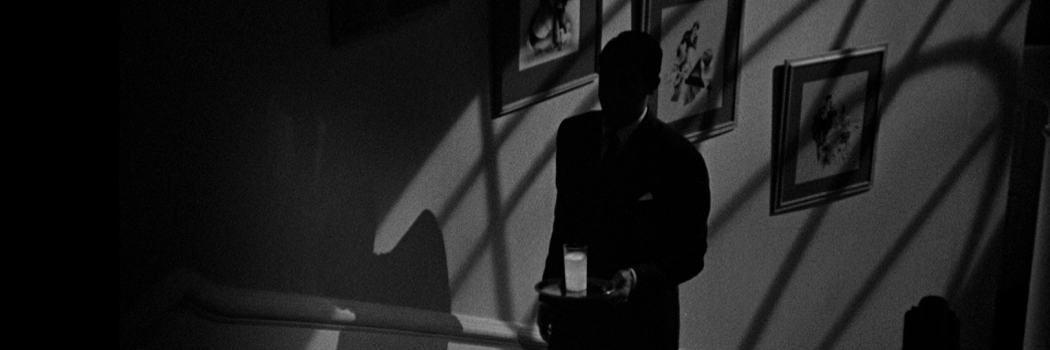Bad Day at Black Rock (1955)
Bad Day is mostly known as being an allegory for McCarthyism as well as a statement against the internment of Japanese-Americans during WWII, but it’s also a taut thriller based on good old-fashioned persecution fantasy, especially considering the quiet, amiable Macreedy is such a cipher that the bad guys can’t dig up even one detail on him that he doesn’t tell them himself. It’s also one of the quintessential examples of the overlap between film noir and western genres that produced such great films in the 1950s; listen to the “patriotic drunk” speech and tell me that couldn’t be picked up and plonked right down into a late-40s black and white noir starring Robert Mitchum.

